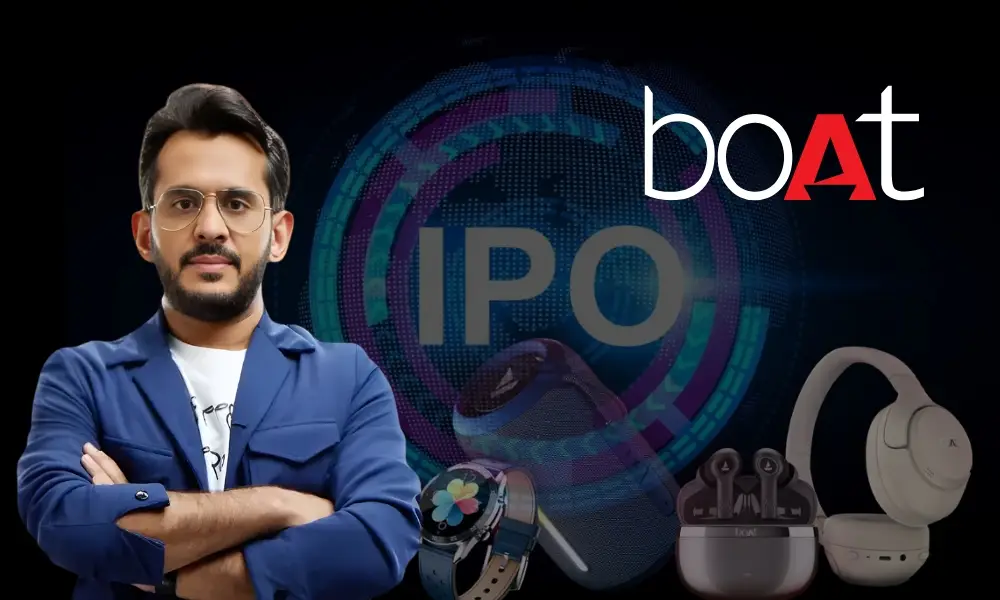One ed-tech company recently posted its FY 25 results, and it grabbed the attention of the startup ecosystem. From growth at all costs, it turned its target towards profitability, and as a result, FY 25 saw ~₹1,943 crore in gross revenue and EBITDA turnaround to positive territory.
The company that I am talking about is one of the key players today in the ed-tech industry. But beyond the numbers, what makes this company truly interesting is how it built its business and the kind of problem it is solving in India’s education landscape.
Nowadays most of the ed-tech companies are focused on K–12 learning and test preparation; this company saw a different opportunity. It noticed a gap: millions of graduates and working professionals struggling with employability. Despite holding degrees, many lacked the industry-ready skills needed to advance their careers. Companies, too, were desperate for skilled talent that could adapt to fast-changing technologies and business needs.
To bridge this gap, the company positioned itself not as just an online course provider, but as a career transformation platform. It partnered with top universities and global institutions to offer degrees, executive programs, and professional courses that are directly aligned with industry demand. It also began working with enterprises to upskill their employees, building a bridge between education and employment.
And that’s how upGrad emerged. The company was founded in 2015 by Ronnie Screwvala, Mayank Kumar, Phalgun Kompalli, and Ravijot Chugh. upGrad began with a simple but powerful vision to make higher education and professional upskilling accessible, outcome-oriented, and relevant to real-world careers.
Ronnie is also known for building UTV into one of India’s largest media houses. The platform started with online programs in data analytics and management and has now grown into one of Asia’s largest integrated higher education and upskilling companies.
Over the years, upGrad has expanded its partnerships with leading universities such as IIT Madras, IIIT Bangalore, Deakin University, and Liverpool Business School, among many others, offering everything from postgraduate diplomas to online MBAs and global degrees.
But upGrad understood that this is a long-term game, and unlike ed-tech players, it didn’t focus on short-term and quick scale. Now if we do a deep dive into its business, the company has different verticals.
First is its B2C vertical, focused on courses and degrees for individuals. This is the biggest part of upGrad’s business. Here, the company partners with top universities in India and abroad to create online degree programs, postgraduate diplomas, and professional certification courses in areas like data science, MBA, AI, digital marketing, and finance. Students pay course fees, and that is the main source of revenue.
The second business vertical of upGrad is to work directly with companies to train and upskill their employees. Many organizations today struggle to keep their workforce updated with new technologies like AI, automation, or cloud computing.
Then comes its Study Abroad & Transnational Education (TNE). This is one of upGrad’s newer and fastest-growing verticals. Students can complete the first part of their degree online through upGrad and then move to the partner university campus for the final semester or year.
Also, upGrad helps learners find jobs through its network. Now let’s understand why the company survived in the struggling ed-tech business.
The key reason for its success is that instead of competing in the crowded K–12 and test-prep space, upGrad targeted a niche that was often ignored: working professionals and college graduates who wanted to upskill or shift careers. That’s the biggest differentiator and success factor.
Instead of flooding the market with short-term courses, it built partnerships with top universities and global institutions like IIT Madras, Deakin University, and Liverpool Business School.
That helped them to build the trust and credibility. The platform invested heavily in career services, placement support, mentorship, and interview training. So, it helped people to build their careers in a better way. While other ed-tech companies spent heavily on customer acquisition and discounts, upGrad kept a controlled growth strategy.
That’s how these factors contributed to a controlled and balanced growth strategy.
Not just that, investor backing is another big reason for its growth. In 2021, upGrad turned unicorn after raising around $185 million in a funding round led by Temasek Holdings, International Finance Corporation (IFC), and IIFL Group, valuing the company at $1.2 billion.
As of 2024, upGrad was valued at $2.25 billion.
And in the recent financials released by the company, it turned EBITDA positive, which is a key milestone for startups.
Let’s see how this company turns profitable and mints more money.
Also Read: Why Snabbit’s ‘Quick Services’ Model Is Winning India’s Urban Homes?










